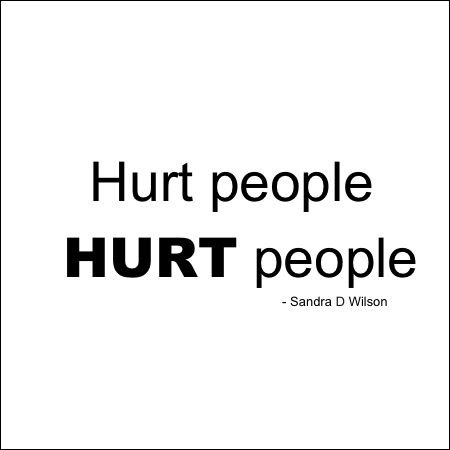|
|
|
What is Emotional Literacy? EMOTIONAL LITERACY is the ability to recognize, understand and appropriately express our emotions. Just as verbal literacy is the basic building block for reading and writing, emotional literacy is the basis for perceiving and communicating emotions. Becoming emotionally literate is learning the alphabet, grammar and vocabulary of our emotional lives. "The difference between emotional intelligence and emotional literacy, then, is simply this: Intelligence is the potential or predisposition; literacy is the constellation of skills, strategies, maps, and tools that we learn in order to become truly emotionally fluent. And it is important to remember that young people learn what they are taught." (From: Emotional Literacy, To Be a Different Kind of Smart by Rob Bocchino, Copyright 1999) A number of National Polls have shown that, when asked what they most wanted to change in their children's schools, a full 87% of all parents asked for emotional literacy - though not by name. Parents' most frequent request (36%) was the desire for more school counselors - a need alleviated by Emotional Literacy education. The second greatest request (33%) was the desire for emotional diagnosis of our kids before it was 'too late.' The third most prolific desire was to insure our kids are taught not to hate (18%). It is clear that 87% have real concerns about the development of a sound judgment foundation for their children before any major or life altering incident occurs.

Dr. Claude Steiner (January 6, 1935 – January 9, 2017) Emotional Literacy was noted as part of a project advocating humanistic education in the early 1970s. The term was used by Claude Steiner (1997) who says: Emotional Literacy is made up of ‘the ability to understand your emotions, the ability to listen to others and empathise with their emotions, and the ability to express emotions productively. To be emotionally literate is to be able to handle emotions in a way that improves your personal power and improves the quality of life around you. Emotional literacy improves relationships, creates loving possibilities between people, makes co-operative work possible, and facilitates the feeling of community.
P.S. We recently heard of his passing. Dr. Steiner was a dear friend of Fun Factory Education...our first meeting was Oct. 19, 2013, when he expressed excitement and interest in our patented Emotion Activity Center. He was a kind man and easy to chat with by phone, always willing to take some time to answer questions and give support for our efforts. We deeply regret he did not live to see Fun Factory Education blossom to its fullest potential - he will be missed indeed.
Fuzzies dear friend
We bet you didn't know?
In addition to Dr. Steiner being the person who coined the term "Emotional Literacy," he also made another term part of our lexicon "warm fuzzies." Marilyn Lewis says: "He gave me kudos for using his term "Emotional Literacy" for little children, as opposed to "Emotional Intelligence" that most people use for adults. He appreciated my logic as well...I feel that the word "literacy" (not unlike our first experiences with reading and writing) better describes the basics and early level of emotional understanding a child must develop before growing into any of the measurements of intelligence on this broadly interpreted subject."
A Warm Fuzzy Tale is a 1970 children's book by Steiner. The fairy tale-like story introduces children to "strokes" and other ideas about social interaction and emotion derived from transactional analysis. It was republished in 1977 as The Original Warm Fuzzy Tale with illustration by Jo Ann Dick, and has since been translated into multiple languages. The slang term warm fuzzies, a reference to positive feelings, derives from the book and its adaptations. The story and ideas derived from it are sometimes used in teaching or counseling about emotion and interaction. In the story, people exchange things called "warm fuzzies" which make them feel happy and warm. A bad witch convinces one character that warm fuzzies are in limited supply and should not be given away. Instead, the witch induces people to exchange "cold pricklies" which make them feel cold. These exchanges symbolize Steiner and Eric Berne's notion of "strokes", recognition and emotional support among people. The story ends by inviting the reader to make warm fuzzies abundant "by freely giving and asking for Warm Fuzzies and being as loving and healthy as you can." Prof Observations | What is Emotional Literacy? | Videos | Emotion Activity Play Center | | Return Home | Gravity Free University | Professor Frisky von Onion Bagel, S.D. | Contact Us | |
||
